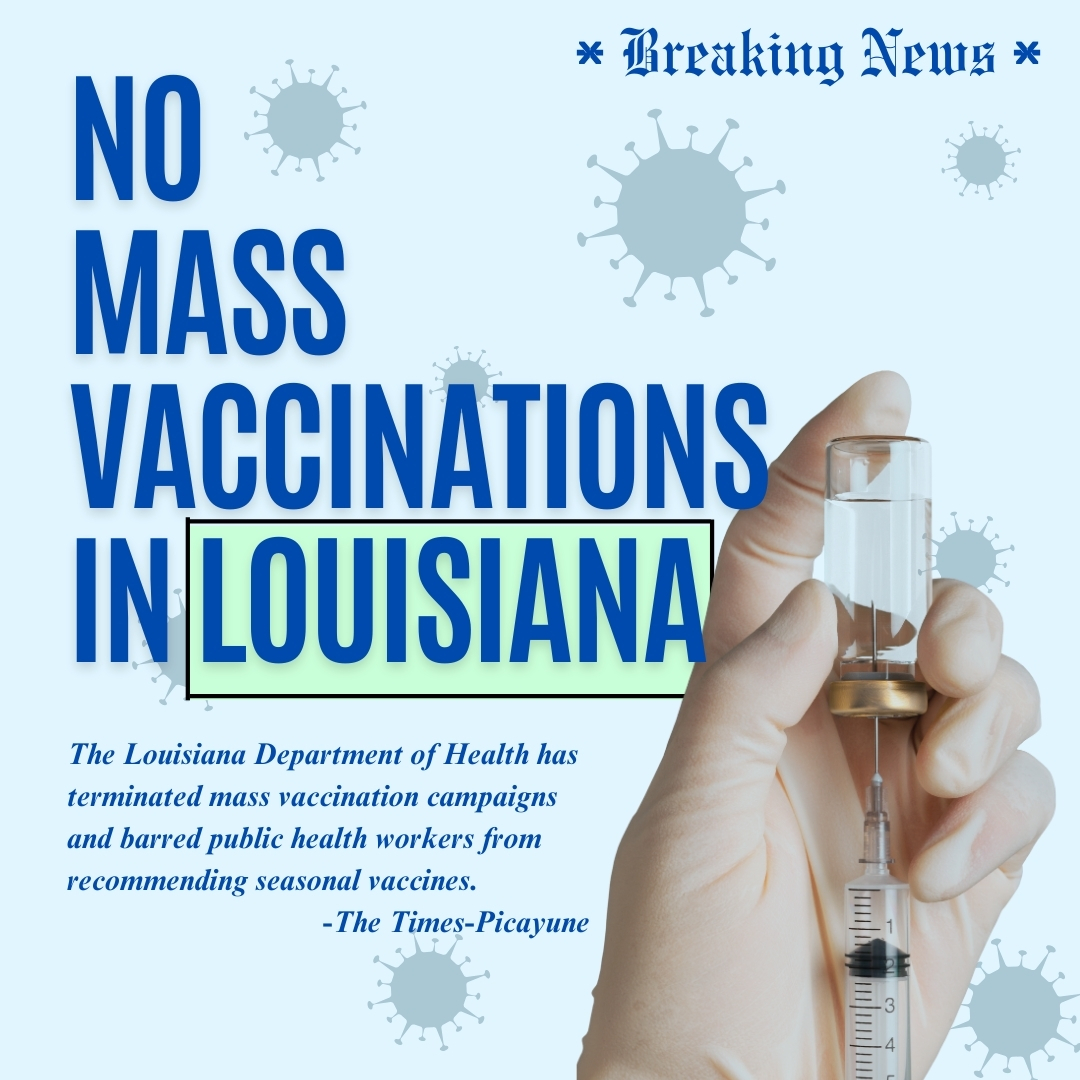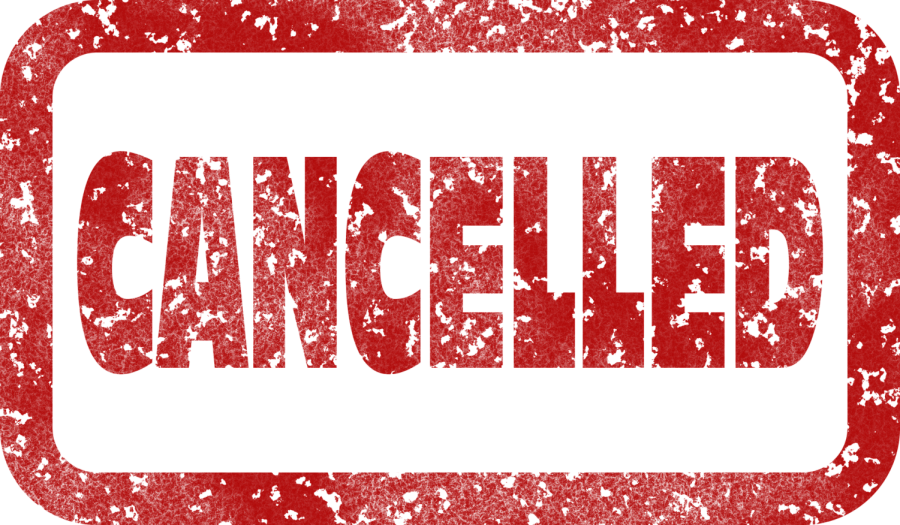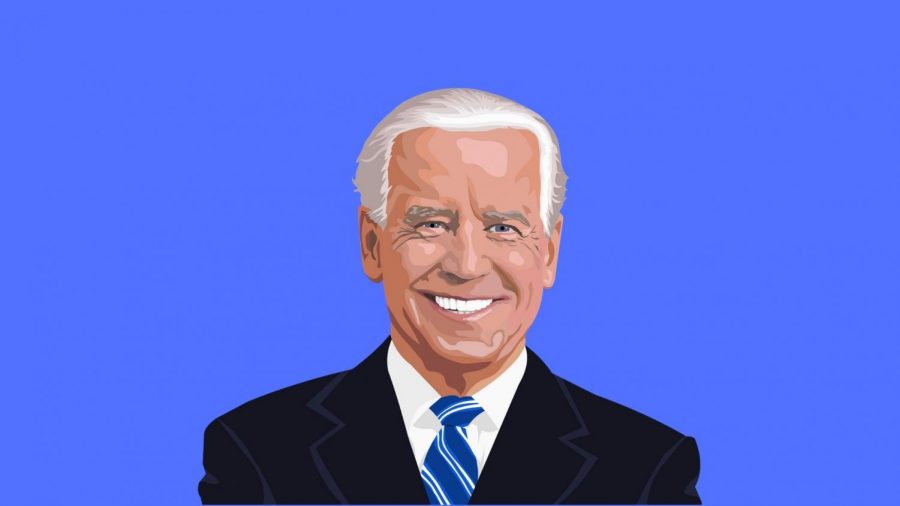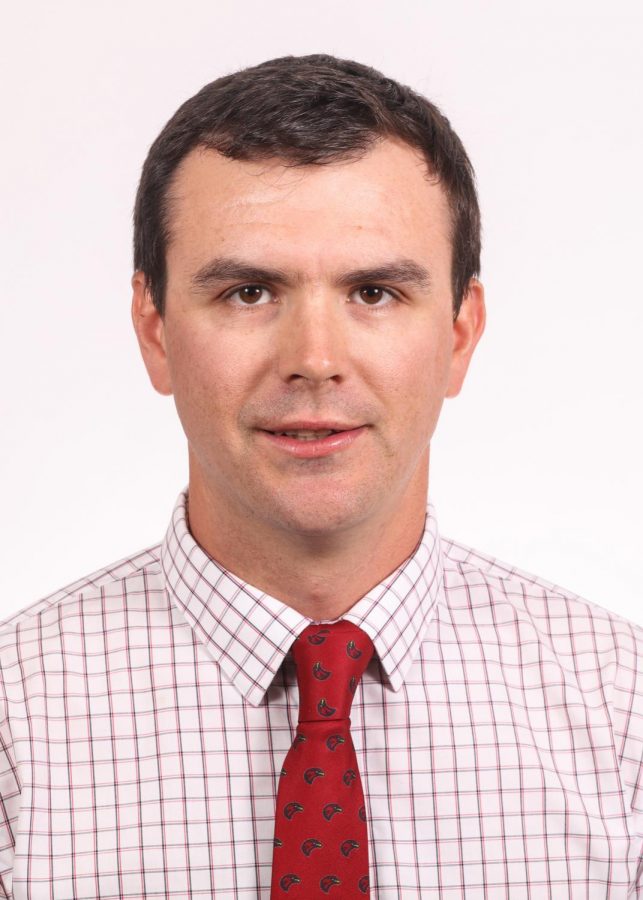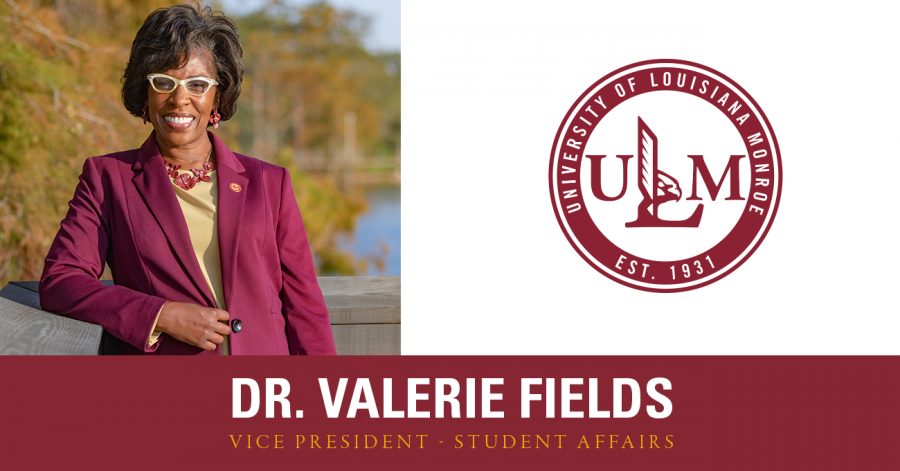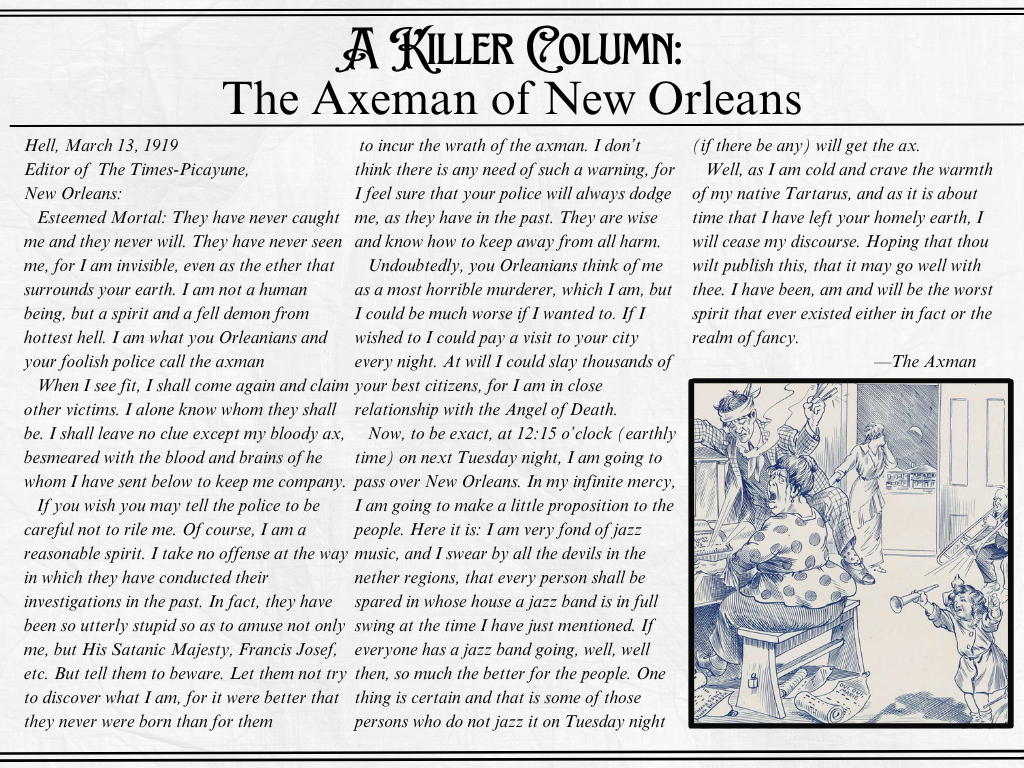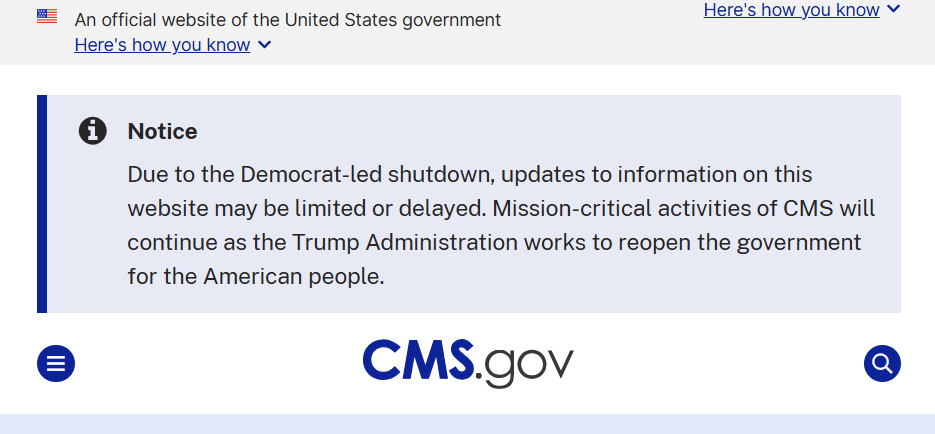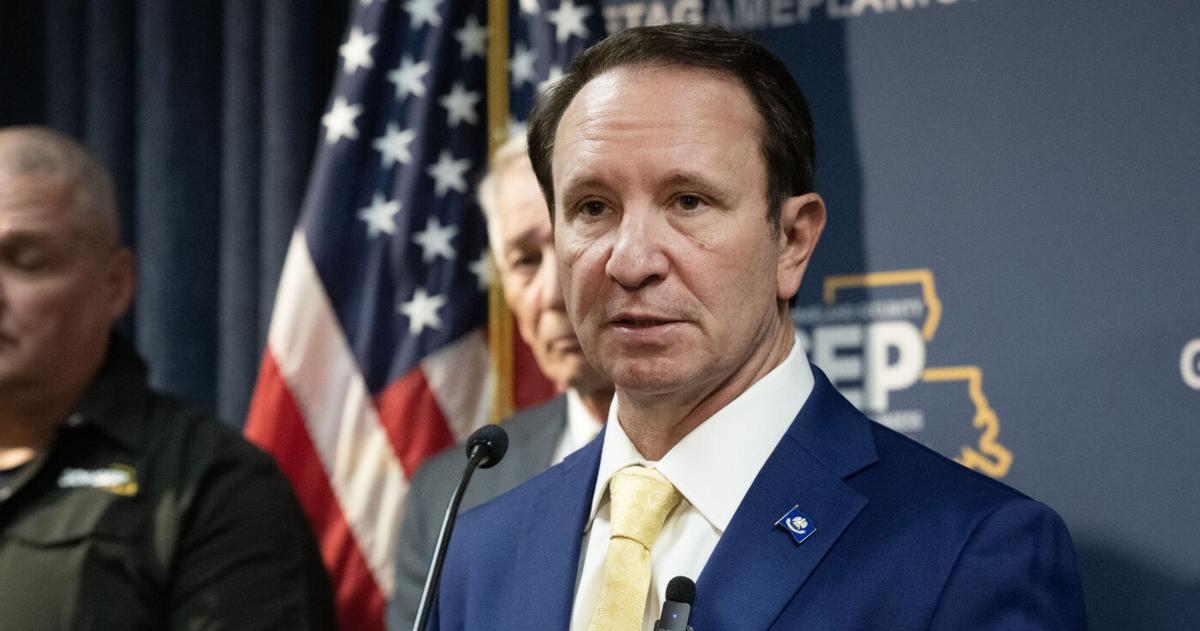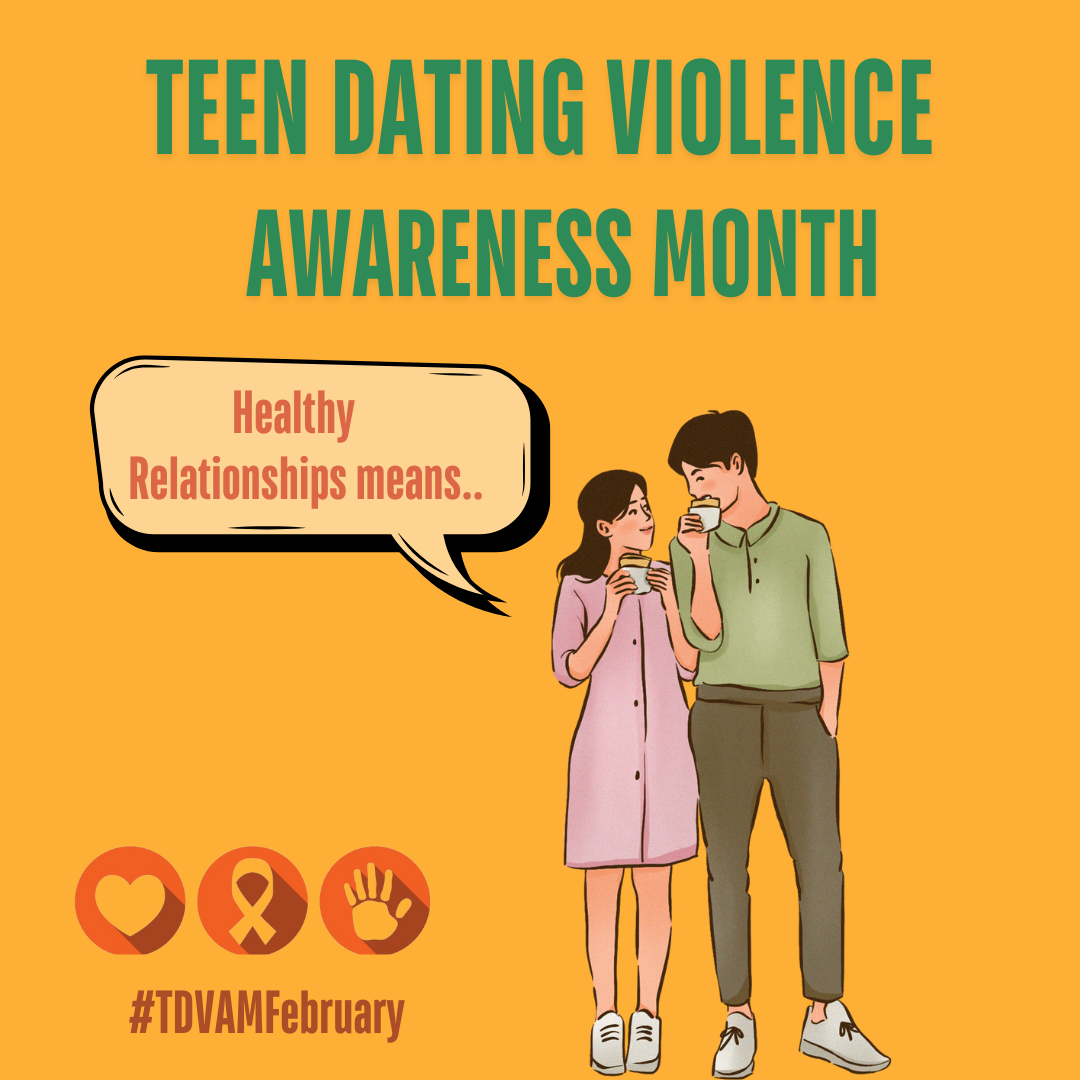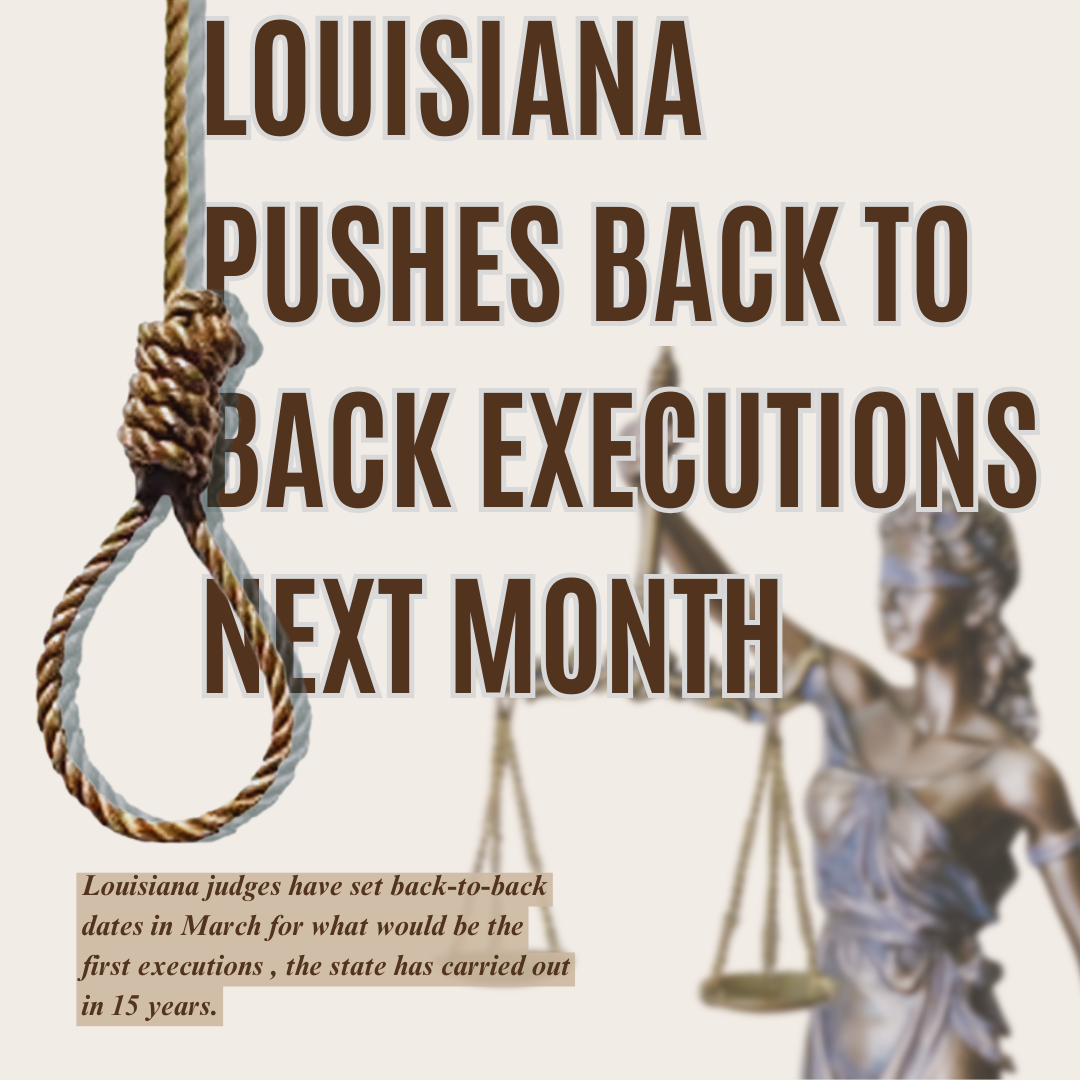On Feb. 13, Louisiana Surgeon General Dr. Ralph L. Abraham issued an internal memo stating that the Louisiana Department of Health (LDH) would “encourage each patient to discuss the risks and benefits of vaccination with their provider” but would “no longer promote mass vaccination.” In a separate public press release, Abraham argued that the government should limit its role in people’s lives and instead provide transparent, balanced information to allow individuals to make their own health decisions.
LDH, the state agency responsible for promoting public health, previously ran media campaigns, community health fairs, and partnerships encouraging vaccinations for preventable diseases such as influenza, COVID-19, and mpox. The department also organized mass vaccination clinics to increase access. However, these initiatives are expected to end following LDH’s decision.
Abraham stated that the changes aim to rebuild public trust after what he described as COVID-19 missteps. He framed the decision as a strong push for personal autonomy. However, Louisiana consistently ranked among the states with the lowest vaccination rates during the pandemic.
The policy shift has raised concerns among medical professionals, including vaccinologist and physician Dr. Gregory Poland.
“This is going to overload the health care system and lead to inadequate and poor quality of care,” Poland told ABC News. He emphasized that vaccines protect not just individuals but also communities, particularly those unable to get vaccinated for medical reasons.
Louisiana remains the only state to make such a significant change. The decision also contradicts guidance from the Centers for Disease Control and Prevention, which actively promotes vaccinations as a key public health measure.
The shift has sparked disagreement within the state. The New Orleans health department announced it would not follow the new policy.
The memo also coincided with the appointment of Robert F. Kennedy Jr., a well-known vaccine opponent, as U.S. health secretary. However, no evidence suggests a direct connection between his appointment and Louisiana’s policy change.


